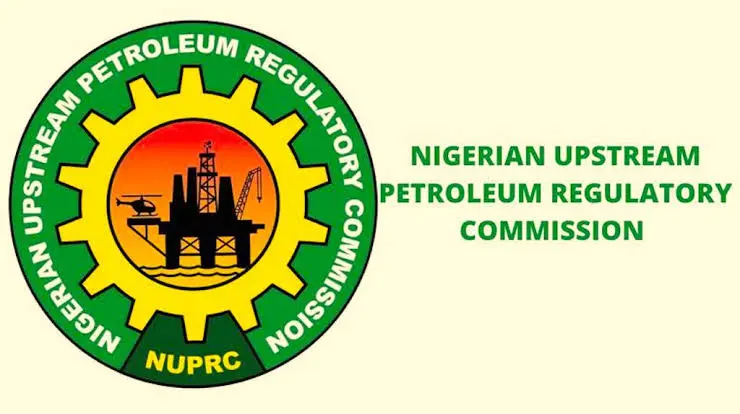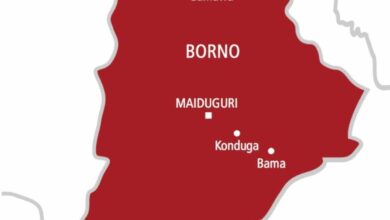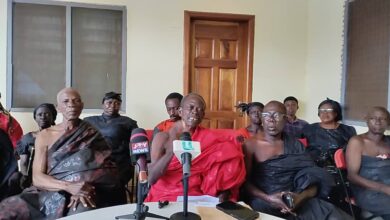Nigeria now positioned as most attractive upstream investment hub – NUPRC

Nigeria is emerging as one of the most attractive global destinations for upstream oil and gas investment, according to the Chief Executive of the Nigerian Upstream Petroleum Regulatory Commission (NUPRC), Engr Gbenga Komolafe.
Speaking at the Africa Oil Week in Accra, Komolafe outlined how recent reforms, driven by the Petroleum Industry Act (PIA) 2021 and reinforced through new executive directives, have begun reshaping the industry, sparking a wave of investor commitments worth billions of dollars.
“In 2025 alone, we approved 28 new Field Development Plans, unlocking 1.4 billion barrels of oil and 5.4 trillion cubic feet of gas.
“These projects represent $18.2 billion in capital expenditure and are expected to deliver an additional 591,000 barrels of oil per day and 2.1 billion standard cubic feet of gas daily.” Komolafe revealed.
The developments, he said, aligns with Nigeria’s target to raise production capacity beyond three million barrels per day, while reinforcing energy security and boosting revenue.
Projects highlighted include the $5 billion Bonga North deep offshore development and the $500 million Ubeta Gas Project, alongside expected final investment decisions on HI NAG Development, Ima Gas, Owowo Deep Offshore, and Preowei Fields.
Komolafe disclosed that the government has cleared five major acquisition deals worth more than $5 billion, opening space for indigenous companies to expand their participation in the upstream sector.
He credited the PIA with “ushering in a new era of governance and fiscal reforms,” noting that 24 new regulations have been rolled out since 2021, with 19 already gazetted.
These reforms, he argued, have increased transparency, streamlined licensing rounds, and lowered entry barriers.
Rig activity, often used as a barometer for upstream health, has surged from just eight rigs in 2021 to 43 as of September 2025.
The NUPRC chief pointed to recent licensing rounds as proof of improved investor confidence. Of the 31 blocks offered in 2024, 27 were awarded, following optimized signature bonuses and simplified participation terms.
“The message is clear, Nigeria is not only open for business but is creating an environment where investment can thrive on the basis of transparency and competition,” Komolafe said.
While global debates over energy transition intensify, Komolafe stressed that Nigeria is pursuing a balanced approach, leveraging hydrocarbons to drive industrialisation and reduce poverty, while gradually incorporating renewable energy.
He described energy security as “the cornerstone of economic growth and resilience,” arguing that Nigeria’s resource base, if managed responsibly, could anchor both national development and Africa’s wider energy future.
Industry analysts attending the conference noted that Nigeria’s presentation stood out for its blend of regulatory clarity, legal certainty, and political will, factors long seen as stumbling blocks for the sector.
By combining structural reforms with aggressive investment promotion, they say Nigeria may be repositioning itself as the continent’s leading upstream hub at a time when capital is increasingly cautious about frontier energy markets.





